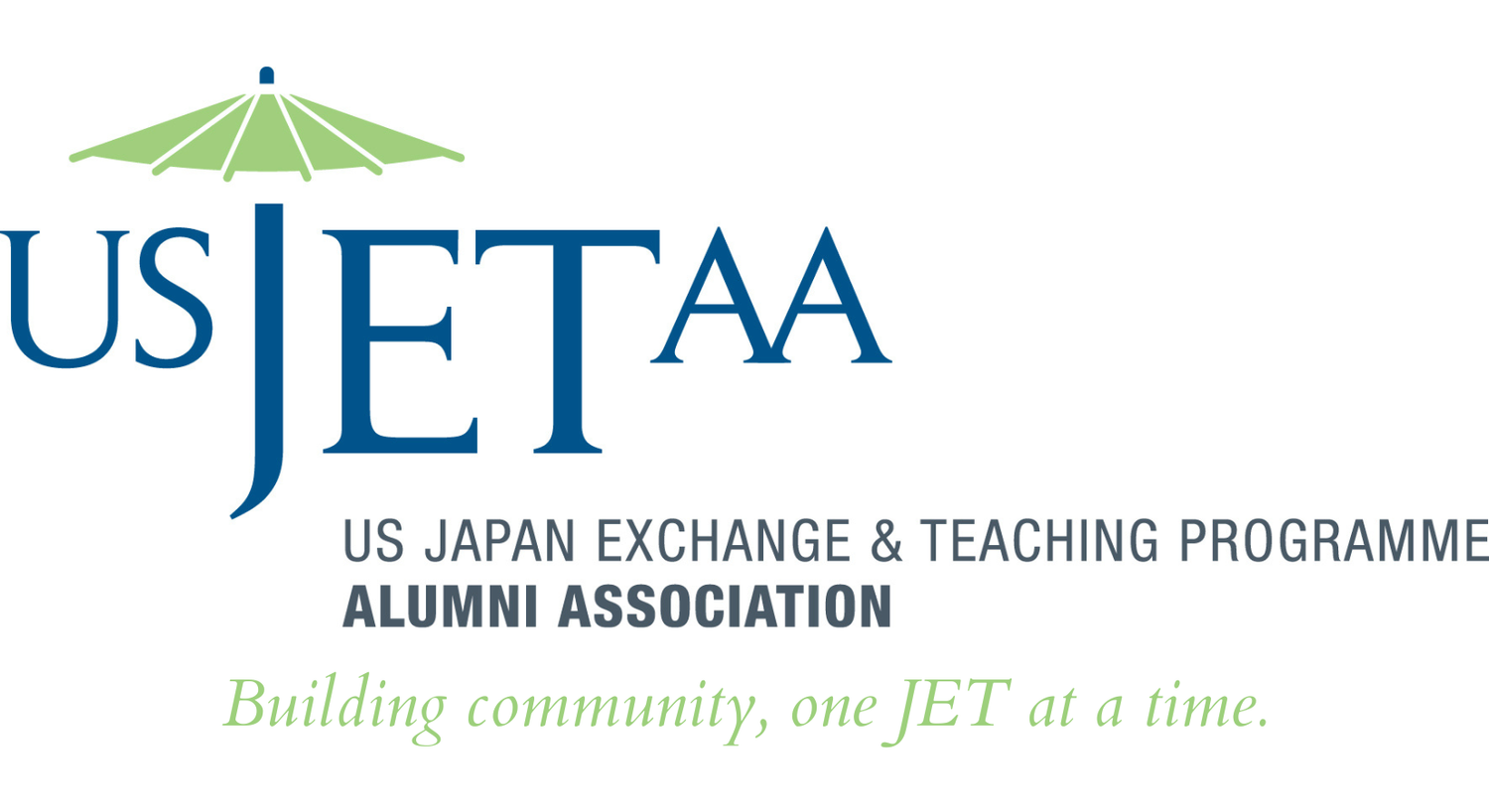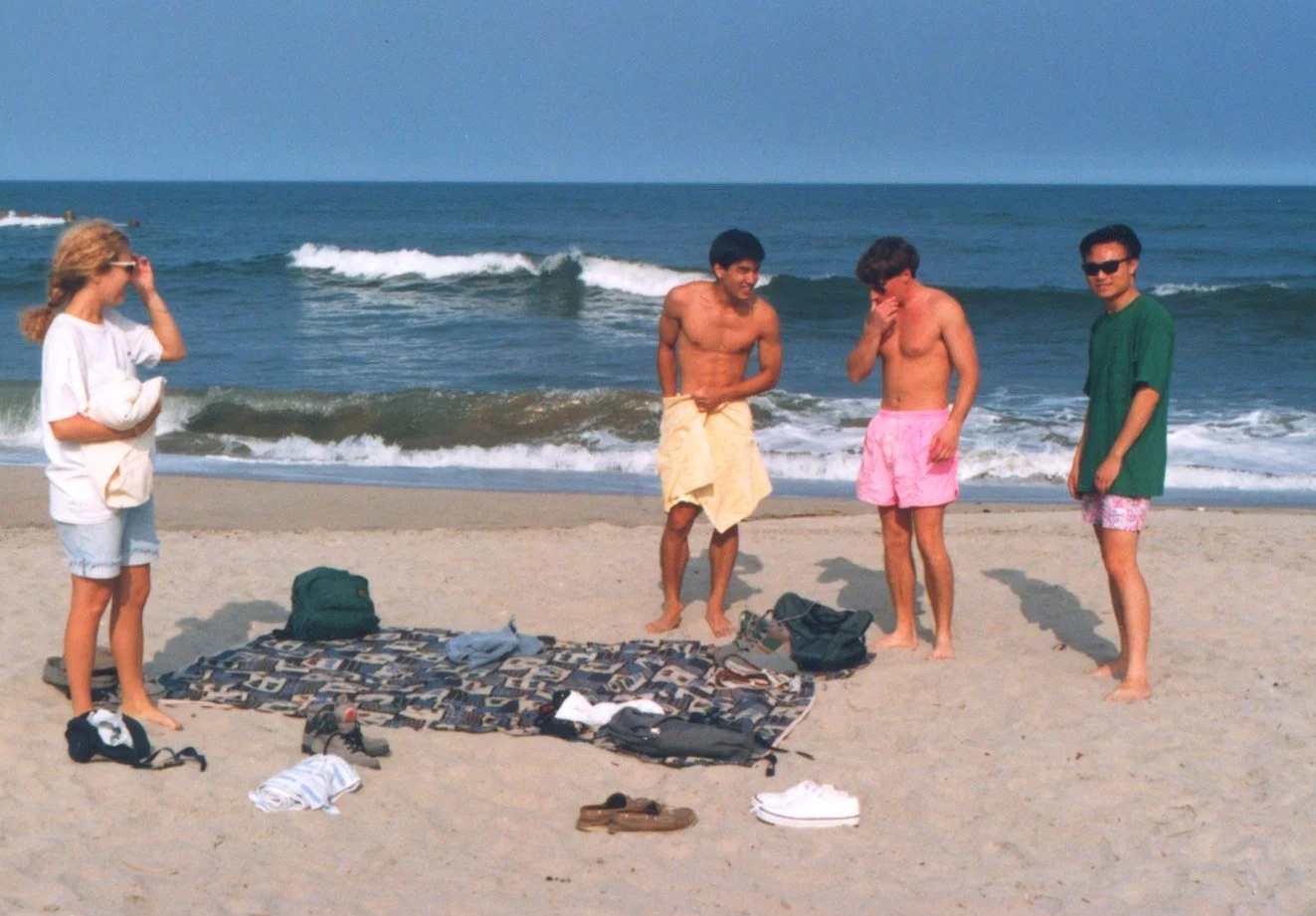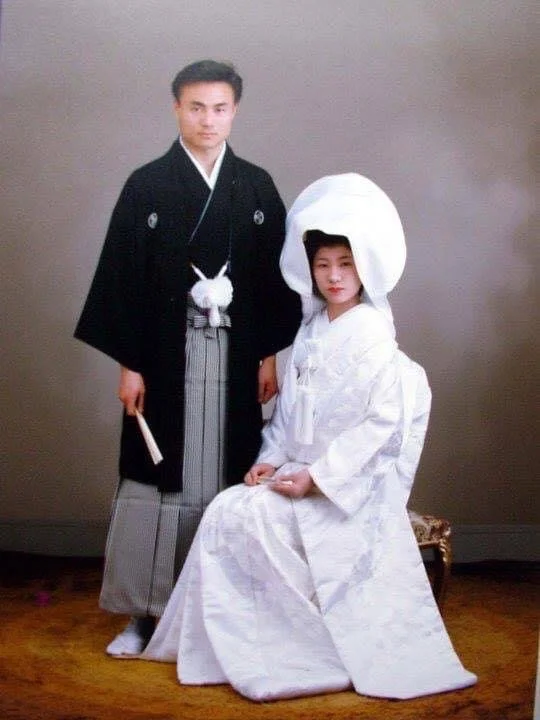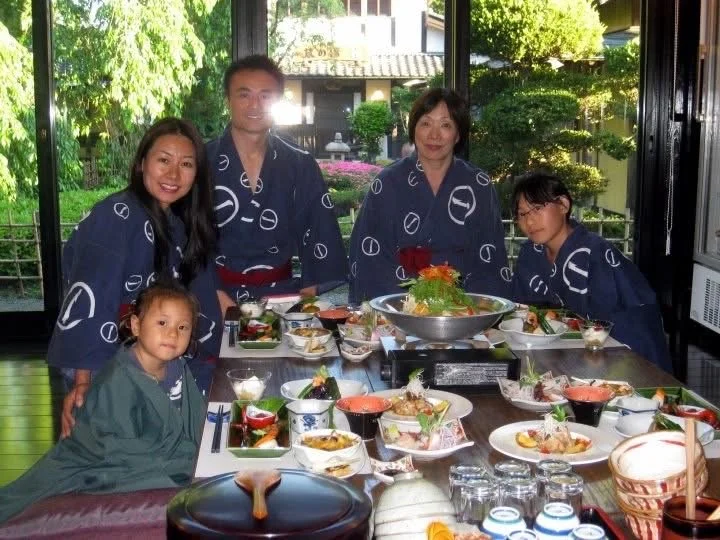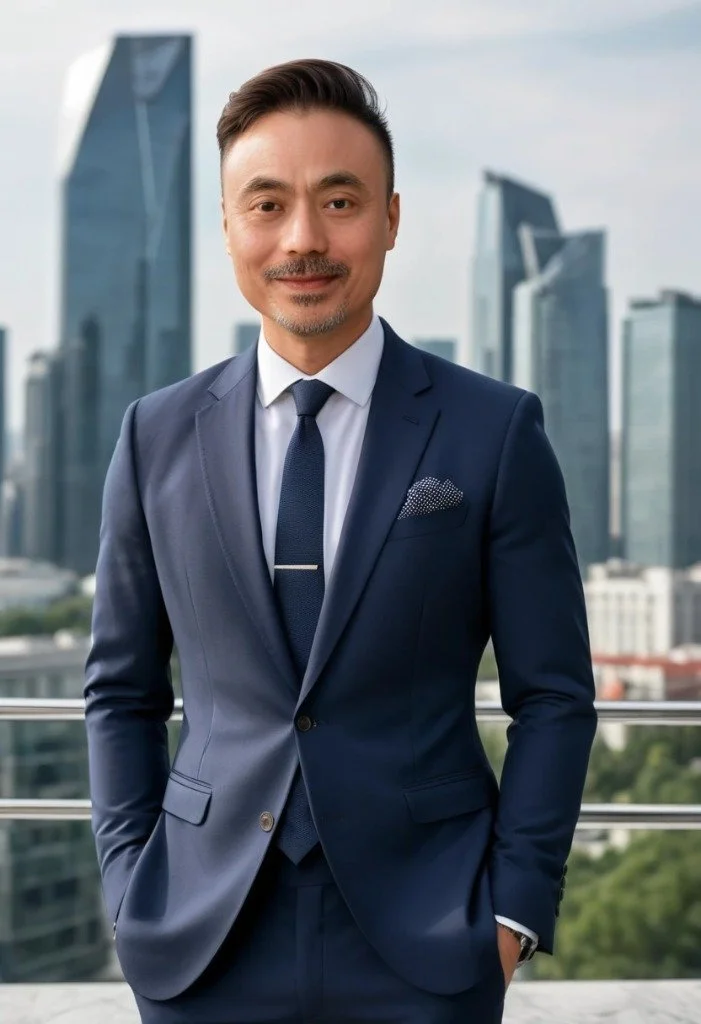JET Launches an International Citizen and a UN Career
Tuan Do (Ibaraki, 1991-1993)
Interviewed by Rashaad Jorden (Yamagata, 2008-2010 & Kochi, 2018-2020)
If Tuan Do’s parents had their way, he would have become a doctor. But Tuan had other plans. Driven by a love of languages and a curiosity about the world, he carved out an international career that’s taken him from Japan to Jordan, Switzerland, and Vietnam over the past 24 years — far from the path originally envisioned for him.
His journey began with the JET Program, a formative experience that changed everything.
“Growing up, my parents took care of everything. I had never really been on my own,” Tuan said. “The JET Program taught me I could be independent — and that I loved living overseas, becoming part of new communities, and meeting people from all walks of life.”
Tuan’s passion for languages had already taken root during his undergraduate years at the University of California, Irvine. After studying French, Spanish, and Vietnamese — his parents’ native tongue — he decided to take on Japanese. Around the same time, he stumbled upon the JET Program. Though he was a biology major on the pre-med track, the opportunity felt like a perfect fit.
Beach day with fellow JETs on Takahagi Beach. Tuan is on the far right.
He applied, was accepted, and never looked back. “JET set me free,” he said. “As the eldest son in a Vietnamese family, I had a lot of responsibility. Going overseas gave me space to grow.”
Despite excelling in Japanese classes, Tuan found the language barrier daunting at first. “I was silent for a year,” he admitted. “I’m a perfectionist with languages — if I can’t say it right, I won’t say it at all.”
After two years teaching in Tone, Ibaraki Prefecture, Tuan stayed in Japan, joining the trading company Nissho Iwai (now Sojitz Corporation), which had business ties to Vietnam. He later pursued an Executive MBA through the Maastricht School of Management, studying in Ho Chi Minh City and graduating in 2003.
Tuan and wife on their wedding day.
While working at a Japanese manufacturing firm in Vietnam — and feeling deeply dissatisfied with his supervisor — Tuan came across a job posting that seemed tailor-made for him. The role required fluency in English and Vietnamese, but not Vietnamese citizenship (which he doesn’t hold, though he’s eligible for a passport). The position was with the International Organization for Migration (IOM), a UN agency he had never heard of until the night before his interview.
He got the job.
As a caseworker in IOM’s Ho Chi Minh City office, Tuan worked with Vietnamese refugees — many of them former officers from the Vietnam War who had been sent to reeducation camps — on behalf of the U.S. government. Though he was told not to expect a long-term UN career, he’s still with IOM today, now serving as an HR Business Partner.
“My role is about bridging the needs of the refugee program with IOM’s broader mission of migration management,” he explained. “Migration is constantly evolving. One of our core values is neutrality — we don’t judge our member states. We’re here to advise and facilitate movements when asked.”
For Tuan, migration isn’t just a professional focus — it’s personal. “I’m the child of Vietnamese refugees. Migration gave me this life.”
Tuan with wife, mother-in-law and his two daughters at a Niigata onsen in 2008. One of these daughters also became a JET!
That life now includes wife, Naoko (who is Japanese), and daughters, Yuma and Noe. Yuma followed in his footsteps by joining the JET Program and spending a year in Minoh, Osaka Prefecture. Tuan recalls feeling a sense of quiet triumph when she made the decision — especially after initially resisting the “UN lifestyle” and resisting learning Japanese.
“She just wanted to stay in one place and be American,” he said.
Tuan, by contrast, has rarely stayed in one place since that first flight to Japan. He credits the JET Program with setting him on a path that allowed him to live fully and authentically.
“I’ve loved using my languages and immersing myself in different cultures,” he said. “It’s so much better than being a doctor who only gets to travel once a year.”
“When I lived in Japan, I lived like a Japanese person. In Jordan, I lived like a Jordanian. The JET Program didn’t just change my life — it helped me become a global citizen.”
About Tuan Do (Ibaraki, 1991-1993)
For Tuan Do, the Japan Exchange and Teaching (JET) Program (Ibaraki, 1991-1993) was more than an assignment; it was a life-changing journey that ignited his passion for fostering cross-cultural understanding and embodying the spirit of global citizenship. The indelible mark of his time in Japan continues to inspire his approach to inclusive leadership and global collaboration. As a fervent believer in the power of such experiences, Tuan is excited to share insights from his JET story with the JETAA community.
The Senpai Spotlight series features JET alumni from the US who have made successful careers for themselves in various fields—with the goal of inspiring JETs and JET alumni to pursue their own dreams while also offering some words of advice only a senpai could know.
If you, or someone you know, would like to be featured as a Senpai Spotlight, please reach out to us at contact@usjetaa.org.
This edition of Senpai Spotlight was written by Rashaad Jorden, a two-time JET Program ALT (Yamagata, 2008-2010 & Kochi, 2018-2020). During his second JET stint, he was the General Sports Editor for AJET CONNECT Magazine. As working for CONNECT was one of the most enjoyable aspects of his JET experience, he’s eagerly contributing again to a community that he treasures.
